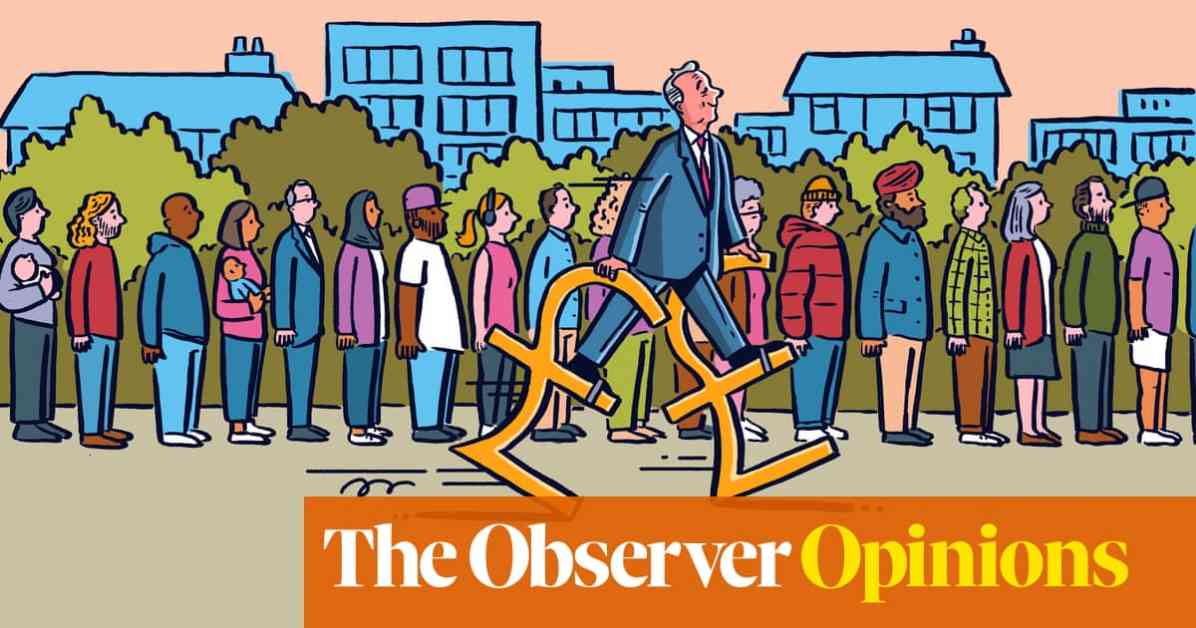Britain is known for its wealth, but the growing wealth gap between the richest and poorest 10% is becoming a national disaster. This inequality has been accelerating since the financial crisis, impacting various aspects of our lives such as health, housing, education, productivity, and even democracy. The Fairness Foundation report suggests that the wealth gap should be considered a national risk, alongside climate change and terrorism.
The report argues for a more equitable distribution of wealth based on the principle of fairness rather than socialism or collective action. A fair society ensures that where and to whom you were born does not determine the quality of your life. However, the wealth gap in Britain has reached alarming levels, with few people fully grasping its magnitude.
Chancellor Rachel Reeves is expected to raise taxes, particularly on wealth, to address fiscal gaps. The key reason behind this action is to promote fairness in an unjust society. Wealth distribution in Britain is inherently unfair, as those who already have wealth tend to accumulate more, perpetuating the gap between the rich and the poor.
The injection of £895 billion into the banking system post-financial crisis has led to a surge in house prices, favoring homeowners in London and the south-east over other regions. Half of British wealth is tied up in property, further exacerbating the wealth gap. Ethnic minorities and younger generations have been disproportionately affected by these disparities.
The report also highlights the significant wealth disparity among different ethnic groups and genders. The lack of wealth among certain minority groups compared to white Britons is a concerning trend that has widened over the years. Inheritance plays a significant role in perpetuating wealth inequality, with projections showing a doubling of gifts and rewards from inheritance by 2040.
The consequences of such wealth inequality are far-reaching. The inflated property market hinders economic growth and distorts societal values. It also limits opportunities for the younger generation, contributes to regional disparities, and fosters a culture of rent-seeking capitalism. Additionally, the education system in Britain, heavily reliant on private schools, reinforces inequality and limits opportunities for those without financial means.
Moreover, wealth inequality poses a threat to democracy, as it enables the rich to influence policy decisions and shape public discourse in their favor. Media bias, driven by wealthy interests, further exacerbates the issue. To address these challenges, a fundamental reframing of the argument is needed, focusing on the distinction between value-generating and extractive wealth.
Policies that discourage extractive wealth, such as tougher inheritance taxes and proportional property taxes, are necessary to combat wealth inequality. Investing in education, profit-sharing, social housing, and public broadcasting can help level the playing field and create a more equitable society. Ultimately, spreading wealth and opportunity is crucial for building a fairer and more prosperous future for all.



